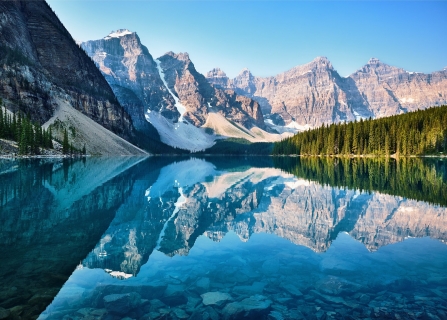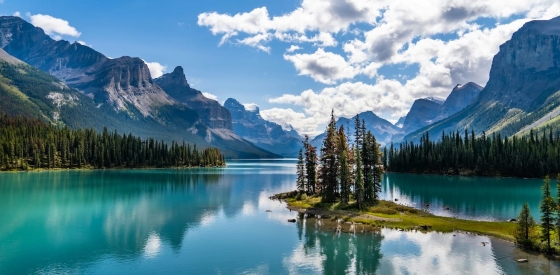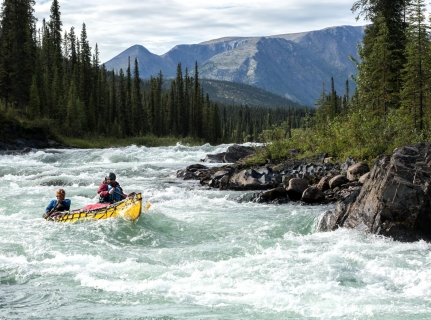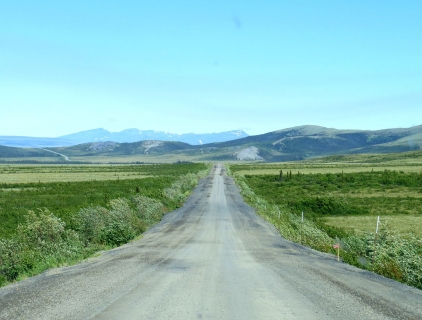Banff Weather and Climate: A Comprehensive Guide
Banff is a town within Banff National Park in Alberta, Canada. It is located in Alberta's Rockies.
Average maximum day and minimum night temperature
In Banff, temperatures differ significantly between summer and winter months. Typically, average maximum daytime temperatures range from a moderate 18°C in July to a very cold -10°C in the coolest month, December.
Nights are cooler, with lows often dropping to around -18°C during the colder months. Check out our detailed temperature page for more information.Temperature ranges by month
Precipitation and rainy days
On average, Banff receives a reasonable amount of rain/snowfall, with an annual precipitation of 778 mm. The climate in Banff shows significant variation throughout the year. Expect high rainfall in June, with an average of 130 mm of precipitation over 13 rainy days. In contrast, February offers drier and sunnier days, with around 33 mm of snowfall over 8 snowy days. For more details, please visit our Banff Precipitation page.The mean monthly precipitation over the year, including rain, hail and snow
Sunshine over the year
For those who appreciate different seasons, Banff serves as an ideal destination. Expect longer, more sun-filled days in July with an average of 8.5 hours of sunshine daily, and embrace the darker days in December, offering only 1.5 hours of daily sunlight. Visit our detailed sunshine hours page for more information.Monthly hours of sunshine
Daily hours of sunshine
Average humidity
The relative humidity is moderate throughout the year in Banff.
The city experiences its highest humidity in December, reaching 66%. In June, the humidity drops to its lowest level at 39%. What does this mean? Read our detailed page on humidity levels for further details.
Relative humidity over the year
overcast and chance of slight snow partly cloudy and no rain partly cloudy and no rainForecast for Banff
Select a Month of Interest
Check the conditions for any month of the year.
The best time of year to visit Banff in Canada
Other facts from our historical weather data:July has an average maximum temperature of 18°C and is the warmest month of the year.
The coldest month is December with an average maximum temperature of -10°C.
June tops the wettest month list with 130 mm of rainfall.
February is the driest month with 33 mm of precipitation.
July is the sunniest month with an average of 255 hours of sunshine.
No idea where to travel to this year? We have a tool that recommends destinations based on your ideal conditions. Find out where to go with our weather planner.




